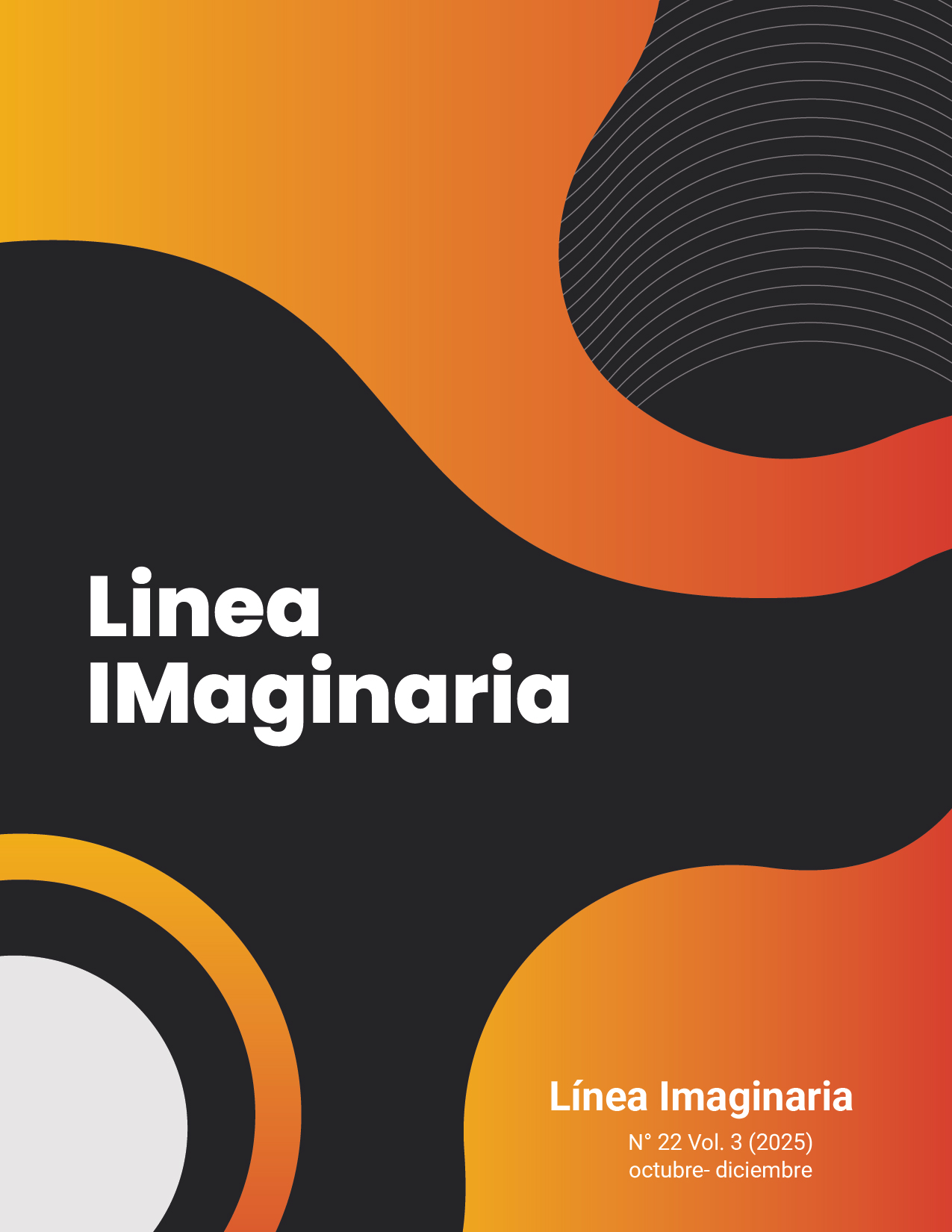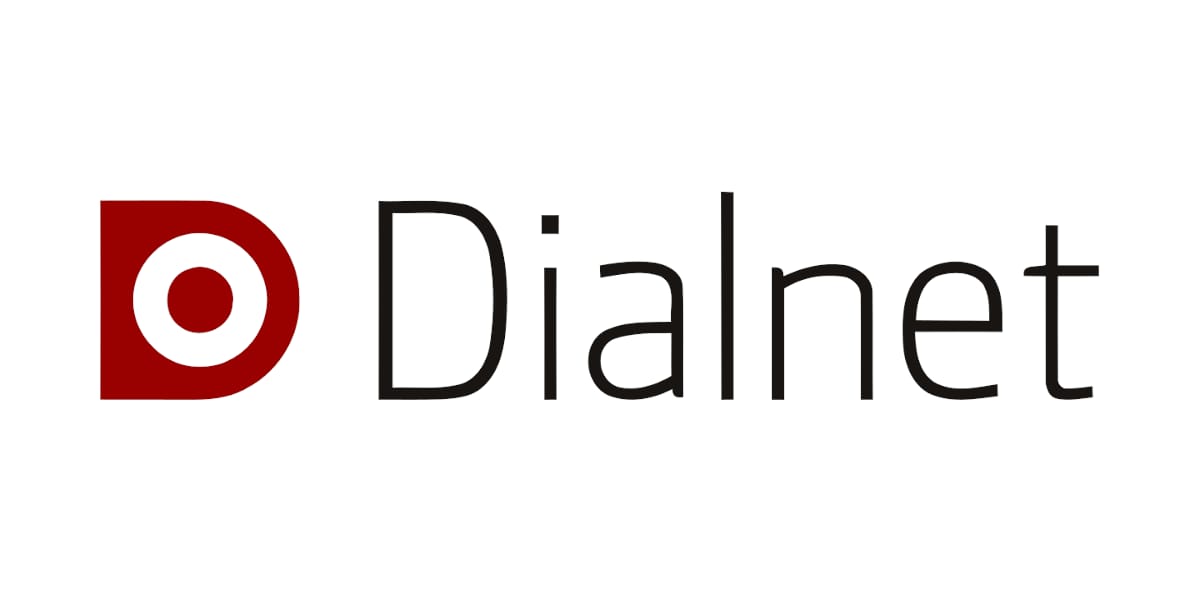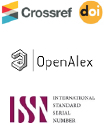EMOTIONAL WELL-BEING OF TEACHERS AND ITS IMPACT ON STUDENTS' EDUCATIONAL PROCESSES.
DOI:
https://doi.org/10.56219/lneaimaginaria.v3i22.4659Keywords:
Classroom environment, Emotional well-being, Formative processes, Integral development, TeacherAbstract
The emotional well-being of teachers is a key factor in the students' formative processes, influencing classroom dynamics, school environment, and teaching quality. This article examines how teachers' emotional balance, beyond happiness, impacts their educational work, considering the range of emotions they experience inside and outside the classroom. It explores the challenges teachers face, including stress management, workload, and interpersonal relationships, while proposing strategies to strengthen their well-being, such as self-care, institutional support, and professional development. The findings indicate that emotionally stable teachers contribute to a healthier learning environment, promoting comprehensive education that encompasses both formal and informal processes. In conclusion, ensuring teachers' emotional well-being not only improves their quality of life but also enhances educational processes, fostering students’ integral development.
Downloads
References
Aloe, A. M., Shisler, S. M., Norris, B. D., Nickerson, A. B., & Rinker, T. W. (2014). A multivariate meta-analysis of student misbehavior and teacher burnout. Educational Research Review, 12, 30-44. DOI: https://doi.org/10.1016/j.edurev.2014.05.003
Day, C., & Gu, Q. (2010). The new lives of teachers. Routledge. DOI: https://doi.org/10.4324/9780203847909
Fredrickson, B. L. (2001). The role of positive emotions in positive psychology: The broaden-and-build theory of positive emotions. American Psychologist, 56(3), 218-226. DOI: https://doi.org/10.1037//0003-066X.56.3.218
Hakanen, J. J., Bakker, A. B., & Schaufeli, W. B. (2006). Burnout and work engagement among teachers. Journal of School Psychology, 43(6), 495-513. DOI: https://doi.org/10.1016/j.jsp.2005.11.001
Hargreaves, A. (2001). Emotional geographies of teaching. Teachers College Press.
Jennings, P. A., & Greenberg, M. T. (2009). The prosocial classroom: Teacher social and emotional competence in relation to student and classroom outcomes. Review of Educational Research, 79(1), 491-525. DOI: https://doi.org/10.3102/0034654308325693
Kyriacou, C. (2001). Teacher stress: Directions for future research. Educational Review, 53(1), 27-35. DOI: https://doi.org/10.1080/00131910124115
Maslach, C., & Leiter, M. P. (2016). Understanding the burnout experience: Recent research and its implications for psychiatry. World Psychiatry, 15(2), 103-111.
Ryan, R. M., & Deci, E. L. (2001). On happiness and human potentials: A review of research on hedonic and eudaimonic well-being. Annual Review of Psychology, 52(1), 141-166. DOI: https://doi.org/10.1146/annurev.psych.52.1.141
Seligman, M. E. P. (2011). Flourish: A visionary new understanding of happiness and well-being. Atria Books.
Skaalvik, E. M., & Skaalvik, S. (2017). Teacher stress and teacher self-efficacy: Relations and consequences. Educational Psychology, 37(8), 1201-1216. DOI: https://doi.org/10.1007/978-3-319-53053-6_5
UNESCO. (2019). Docentes y bienestar: Desafíos y oportunidades en la educación mundial.
Esclarín, A. (2006). La educación en la felicidad. Caracas: San Pablo.
Goleman, D. (1996). Inteligencia emocional. Barcelona: Kairos.
Hargreaves, A. (2001). Emotional geographies of teaching. Teachers College Press. DOI: https://doi.org/10.1111/0161-4681.00142
Maslach, C., & Leiter, M. P. (2016). Understanding the burnout experience: Recent research and its implications for psychiatry. World Psychiatry, 15(2), 103-111. DOI: https://doi.org/10.1002/wps.20311
Savater, F. (1991). Ética para Amador. Madrid: Ariel.
Downloads
Published
How to Cite
Issue
Section
License

This work is licensed under a Creative Commons Attribution-NonCommercial-ShareAlike 4.0 International License.
La revista Línea Imaginaria conserva los derechos patrimoniales (copyright) de las obras publicadas, que favorece y permite la reutilización de los mismos bajo la licencia Creative Commons Atribución-NoComercial-CompartirIgual 4.0 , por lo cual se pueden copiar, usar, difundir, transmitir y exponer públicamente, siempre que se cite la autoría y fuente original de su publicación (revista, editorial, URL y DOI de la obra), no se usen para fines comerciales u onerosos y se mencione la existencia y especificaciones de esta licencia de uso. Si remezcla, transforma o crea a partir del material, debe distribuir su contribución bajo la misma licencia del original.















